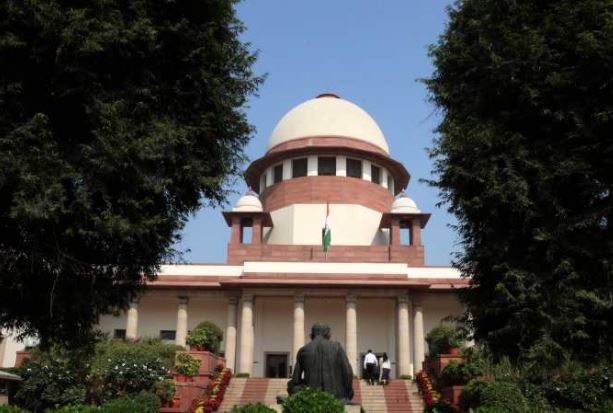The Supreme Court has upheld the order of the Competition Commission of India and NCLAT, wherein it had found that Ola and Uber do not facilitate cartelization or anti-competitive practices between drivers, who are independent individuals, who act independently of each other.
A three-judge bench of Justices Rohinton Fali Nariman, K. M. Joseph and Krishna Murari set aside the preliminary objections raised by the respondents against the informant/appellant filing information before the CCI and filing an appeal before the NCLAT.
The Court said, “Given the context of the Act in which the CCI and NCLAT deal with practices which have an adverse effect on competition in derogation of the interest of consumers, it is clear that the Act vests powers in the CCI & enables it to act in rem, in public interest. This would make it clear that a “person aggrieved” must, in the context of the Act, be understood widely and not be constructed narrowly.”
The appeal was filed at the instance of an Informant who describes himself as an independent practitioner of the law. The Appellant/Informant, by an Information filed on 13.08.2018, sought that the Competition Commission of India initiate an inquiry, under section 26(2) of the Competition Act, 2002, into the alleged anti-competitive conduct of ANI Technologies Pvt. Ltd. [“Ola”], and Uber India Systems Pvt. Ltd., Uber B.V. and Uber Technologies Inc. [together referred to as “Uber”], alleging that they entered into price-fixing agreements in contravention of Section 3(1) read with Section 3(3)(a) of the Act, and engaged in resale price maintenance in contravention of Section 3(1) read with Section 3(4)(e) of the Act. According to the informant, Uber and Ola provide radio taxi services and essentially operate as platforms through mobile applications which allow riders and drivers, that is, two sides of the platform, to interact. A trip’s fare is calculated by an algorithm based on many factors. The apps that are downloaded facilitate payment of fare by various modes.
The Informant alleged that due to algorithmic pricing, neither are riders able to negotiate fares with individual drivers for rides that are booked through the apps, nor are the drivers able to offer any discounts. Thus, the pricing algorithm takes away the freedom of riders and drivers to choose the best price on the basis of competition, as both have to accept the price set by the pricing algorithm. As per the terms and conditions agreed upon between Ola and Uber with their respective drivers, despite the fact that the drivers are independent entities who are not employees or agents of Ola or Uber, the driver is bound to accept the trip fare reflected in the app at the end of the trip, without having any discretion insofar as the same is concerned. The drivers receive their share of the fare only after the deduction of a commission by Ola and Uber for the services offered to the rider. Therefore, the Informant alleged that the pricing algorithm used by Ola and Uber artificially manipulates supply and demand, guaranteeing higher fares to drivers who would otherwise compete against one and another. Cooperation between drivers, through the Ola and Uber apps, results in concerted action under Section 3(3)(a) read with Section 3(1) of the Act. Thus, the Informant submitted that the Ola and Uber apps function akin to a trade association, facilitating the operation of a cartel. Further, since Ola and Uber have greater bargaining power than riders in the determination of price, they are able to implement price discrimination, whereby riders are charged on the basis of their willingness to pay and as a result, artificially inflated fares are paid. Various other averments qua resale price maintenance were also made, alleging a contravention of section 3(4)(e) of the Act.
Also Read: Tata Sons vs Cyrus Mistry: Majority cannot shrug away losses suffered by minority, says Sundaram
The appellant/informant aggrieved by the Order of the CCI had filed an appeal before the NCLAT which had upheld the order of the CCI and also delved into the locus standi of the appellant and dismissed his appeal.


